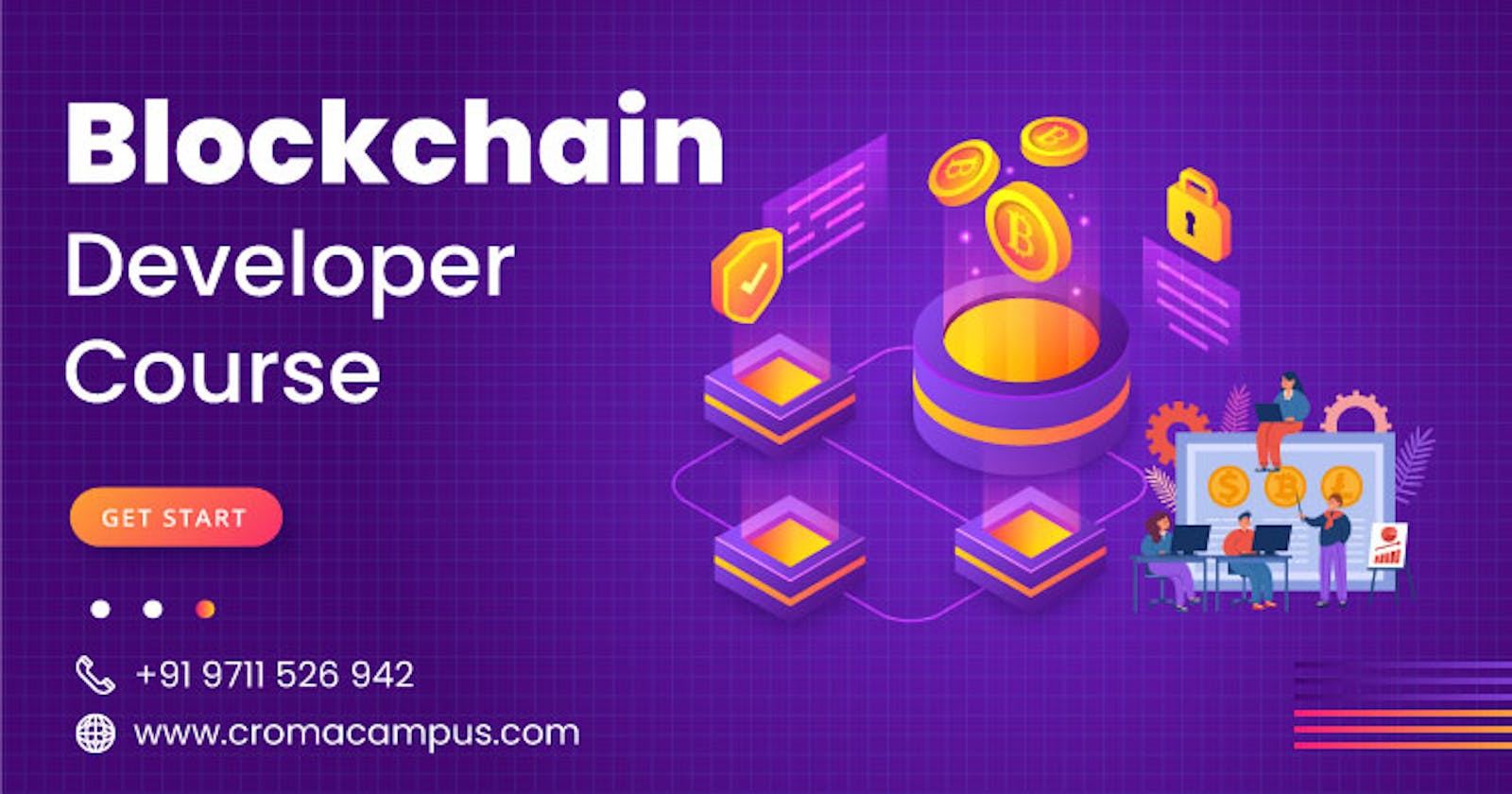Blockchain modules are those software components useful for providing specific functionalities regarding Blockchain technology. Along with this, these modules are useful for managing the integration and interaction between existing systems. In addition, these modules consist of numerous tools, APIs and libraries that developers use to connect their applications to a blockchain network. Using the Blockchain modules results in improving the procedure of integrating blockchain functionality. This approach ensures that developers can easily use the features of Blockchain without starting everything from scratch. Above all, these modules simplify the process of incorporating blockchain technology into applications. To learn more about it, one can visit the Blockchain Course. Below are some of the significant features of the Blockchain technology.
Blockchain Interaction - These modules ensure that developers are capable of interacting with the blockchain network. Along with it, these modules allow them to read data from the blockchain and retrieve information such as transaction history.
Smart Contract Support - These modules offer numerous tools for providing tools and APIs to deploy, manage, and interact with smart contracts. Along with it, they play a significant role in simplifying the writing, deploying, and executing smart contracts.
Security and Cryptography - The cryptographic functions and security measures in the modules are useful for ensuring the integrity and confidentiality of data in the working processes. Furthermore, they are capable of handling encryption and digital signatures.
Consensus Mechanism Integration - These modules also ensure great integration with specific consensus mechanisms. Furthermore, they are capable of handling consensus protocol and ensuring that transactions are validated.
Real-World Applications of Blockchain
Blockchain is a highly popular public ledger system useful for recording and validating every transaction. In addition, this technology is secure and reliable and it securely stores transactions. Blockchain transactions are authorized and irreversible resulting in providing great protection against the danger of hacking. Along with this, using this technology results in removing the requirement for a third party or central authority. Many institutes provide Blockchain Developer Course in Delhi and one can enroll in them to start a career in this domain. There are numerous real-world applications of Blockchain and some of them are as follows:
Supply chain management - Using Blockchain technology results in increasing the overall efficiency of supply chains. Along with it, this technology provides the location of items on the supply chain and removes any requirements for paper-based trials. Furthermore, Blockchain results in reducing the chances of losses and improves the data monitoring quality.
Healthcare - This technology has become the central part of the healthcare ecosystem by providing doctors with accurate and precise information. This technology is useful in the healthcare sector for managing the privacy and security of health data. Furthermore, hospitals use this technology for recordkeeping and storing patients' data.
Food safety - Using Blockchain technology in food safety provides the ability to trace your food. Due to the immutable nature of Blockchain, consumers can trace the journey of food products from their origin to the supermarket. This approach is highly beneficial in tracing the source of the contaminant in food in the case of food-borne illnesses.
Digital voting - The use of Blockchain technology for purposes of digital voting removes the chances of voter fraud. This approach ensures that the common public can vote truly with the immutable nature of the blockchain. Thus, making the voting phase completely transparent and introducing the concept of ‘one unchangeable vote per person.’
Data sharing - This distributed ledger is also useful for sharing and selling unused data. Along with it, Blockchain is capable of being routed to places that require this technology most. Above all, there are new concepts that use Blockchain as a marketplace to store data which can be used to improve a host of industries.
Copyright and royalty protection - Blockchain assists in the implementation of copyright and ownership laws on music, videos, blogs, and other online content. Along with it, this technology also provides content creators and musicians with real-time and authentic royalty distribution data.
Conclusion
Software elements that help deliver particular functions related to Blockchain technology are known as blockchain modules. Furthermore, these modules help oversee the connection and integration of current systems. These modules guarantee that programmers can communicate with the blockchain network. They provide a wide range of tools and APIs for managing, deploying, and interacting with smart contracts. They also significantly contribute to making the process of creating, distributing, and carrying out smart contracts simpler. The modules' cryptographic features and security precautions help guarantee the confidentiality and integrity of the data used in operational procedures. Additionally, these modules guarantee excellent integration with particular consensus mechanisms. In conclusion, due to its immutable and transparent nature, there are numerous real-life uses of Blockchain technology.
